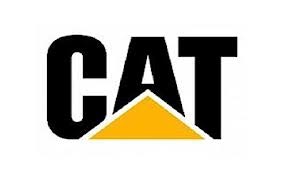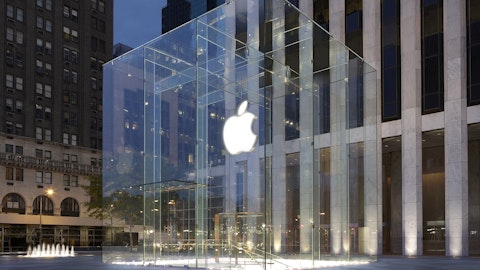America embraces the values of free expression, transparency, and (relatively) free markets. China, on the other hand…not so much. While many cultural differences cannot be deemed right or wrong, when it comes to investing, there are definite benefits to clear reporting and a democratic government. This is why Chinese companies are much less enticing investments than their American counterparts and why they carry more risk than you may realize.
The risks of a cloudy government
With new technology subverting media controls, tyrannical governments have found it difficult to keep power. The Arab Spring changed governments in Egypt, Tunisia, Libya, and Yemen, and it caused a civil war in Syria. Following these Arab protests, a Bloomberg article described how in China, “some Politburo members questioned whether protests might follow against Chinese provincial politicians demanding bribes; local party officials confiscating land; and products and government services rendered shoddy by influence peddling.”

While all-out revolution is probably only a tiny possibility, based on the historical effectiveness of the government’s control, it still exists, and government media regulations can and have affected Chinese businesses. And an even greater risk than social unrest is fuzzy figures from the government, government-controlled firms, and companies. Pollution figures, which the government recently acknowledged might require a finer measure, aren’t the only data of which it’s difficult to get a clear view.
Social control
Google Inc (NASDAQ:GOOG) abandoned China in 2010 when it announced that it wouldn’t follow Chinese censorship policies, and now it runs its Chinese website out of Hong Kong. Subsequently, Google’s Chinese search market share declined from 36% in 2009 to about 15% today compared to Baidu.com, Inc. (ADR) (NASDAQ:BIDU)‘s 79% share. While both companies earn a majority of revenue from Internet advertising and must learn to make money off an increasingly mobile user, only Baidu must also spend resources to censor results and keep the government happy. And last year three Baidu employees, perhaps influenced by the censoring environment, were arrested for deleting posts for money.
Other government actions include last year’s scrubbing of the Internet in a campaign called “spring breeze” that ended with more than 70 companies reprimanded, 200,000 messages deleted, and 1,000 people arrested. Weibo, a Twitter-like service owned by SINA Corp (NASDAQ:SINA), had to disable comments at the end of March to help stem a rumor of a military coup. According to the Financial Times, this led one user to post, “Did we really need to be reminded that they can shut us up anytime?”
Fuzzy numbers
The greater risk of Chinese investments is iffy accounting. Carson Block of Muddy Waters made his name through research reports that highlighted alleged Chinese frauds, questioning items like revenue reports, equipment purchases, and customer accounts. While it may seem that small investors would be more taken by falsified reports, even global manufacturer Caterpillar Inc. (NYSE:CAT) was duped by the accounting misconduct of a mining company it acquired for $800 million. In January, Caterpillar wrote off $580 million of the acquisition’s value.




